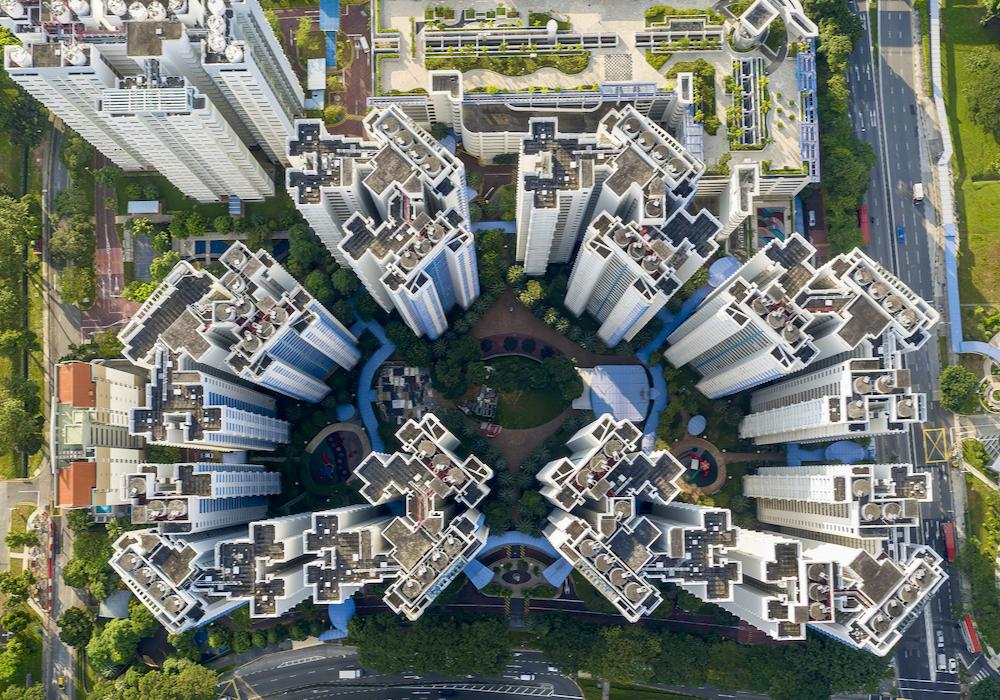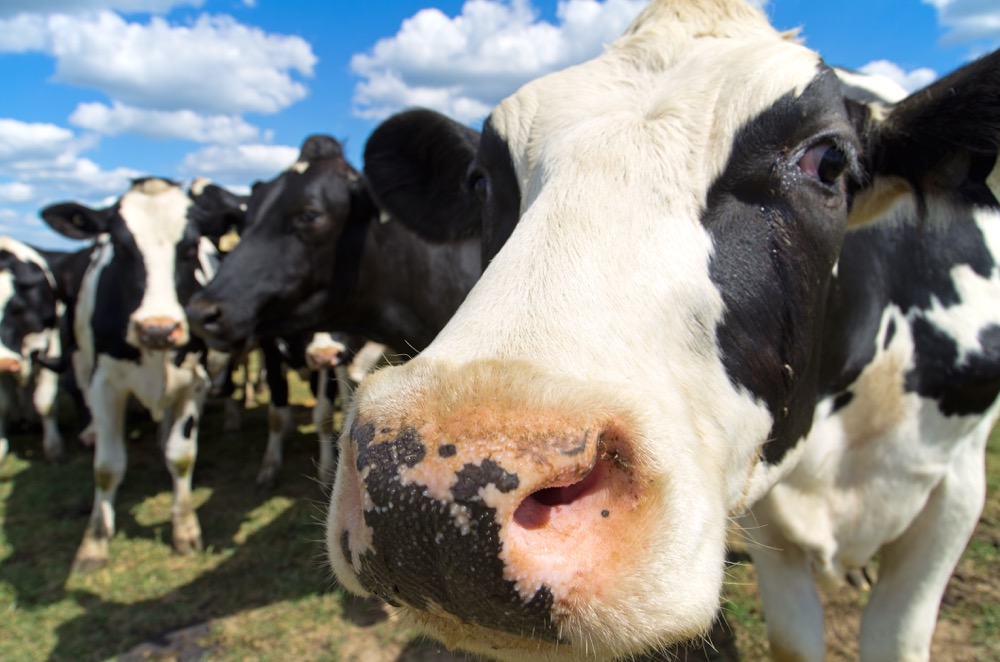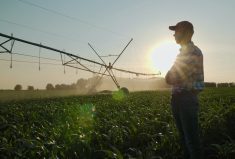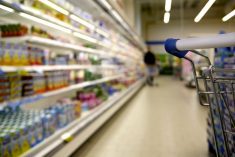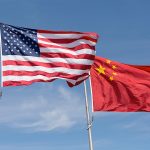Will rooftop farming address food insecurity? Likely not, but the trend continues to grow in large urban centres and land-starved countries as the cost of food skyrockets and accessibility declines.
Fellow Nuffield Scholar Jodie Mitchell sent a post from a rooftop garden in Singapore that supplied food for the hotel it was built upon. This reflects an encouraging new policy in Singapore that aims to shift from supplying three per cent of its own food to domestically providing 30 per cent by the year 2030, to address both food insecurity and reduce reliance on trade.
It is a noble goal no doubt, but one that comes with the challenge of balancing environment, societal well-being and economics.
Read Also

From MasterChef to ‘Barndominium’: Rootstock Ranch fires up the grill
Marianne Smeaton, from Charlie Lake, B.C., is opening an event centre with a menu featuring her homegrown Wagyu beef after appearing on MasterChef Canada’s finale.
Canada’s role in supplying food to Singapore is small. Our main exports to that country are diamonds, gas turbines and inedible oils. The world class financial sector, aviation hub and education found in Singapore, along with a robust manufacturing sector, sets the stage for potential growth in food production or value adding.
The question is, how can this be accomplished? In asking, we may find solutions for food insecurity within our own borders.
MORE with Brenda Schoepp: Farms need workers, so don’t exclude folks who are older
Food insecurity in Singapore is estimated at 10 per cent and Canada touched 18 per cent in 2022. We remain one of the largest exporters of food and agricultural commodities in the world but the social economic imbalance is deepening and this, coupled with fragmented policy and crumbling infrastructure, is contributing to empty plates.
Yet Canada has all that Singapore does not: land, water and energy. Our excellent soils are capable of growing a variety of plant and animal foods that contribute to food processing in over 6,000 facilities.
Not only are we growing food from the ground up but the uptake on vertical farming, glasshouse and rooftop is growing and we are home to the world’s largest rooftop greenhouse.
Unlike Canada, soil is scarce in Singapore and tends to be poor in the nation of 5.6 million people living on a land base of 734 square kilometres. Farms are small, less than one hectare each, on average, and there are just over 2,000 of them in the entire country. However, poverty is not much more than in Canada, at 11.7 per cent compared to our 10.3 per cent.
When addressing a challenge or looking at solutions that include multiple stakeholders, we have to pause and consider the local realities. The local reality is social economic stress within Canada and a division of income that is quickly expanding.
Our regional truths feature outdated or patchwork infrastructure and a dependency on doing things as they were done with little past effort toward full engagement of all the stakeholders, including ministries.
What differentiates us is our inability get together as one food industry, and what has crippled us is the notion of reinvention, a lack of investment in education and research and a fear of ideas that are uncomfortable and often labeled unachievable.
In systems research we are taught that the simple becomes complex and the complex becomes simple. Canada’s resources make it look simple because we have it all. But we have not figured out the framework to continuously fuel food production, value add, feed our own and build resilient communities.
Singapore’s food system may look complex for the lack of resources but it has made it simple.
The Singapore Food Agency has a policy in which there are three food baskets and six steps. To fill the three baskets of growing local, importing from a diversity of countries and growing or expanding overseas, the policy mandate has been kept refreshingly simple.
A lack of natural resources has shifted Singapore into green energy, which supports food production, and lack of land brought forth the need for advanced technologies. Singapore provides a world class education for its residents and will increase the spending in agri-food courses and education to create a skilled workforce.
The magic word is agri-food, because that is the focus from funding tech support to providing access to capital for farmers. The government will be behind local farmers and encourage their constituents to do the same.
Investment in the agri-food sector is expected to ignite new interest in value adding and local brand recognition. Backed by research programs, the impossible just may be possible — the complex, made simple.
In any policy framework we must ask: Who are we growing this food for and can they afford it?
Growing food for export rather than developing systems and infrastructure to feed the domestic population has never made sense. It is a social injustice and goes against the universal human right to food.
I appreciate the flexibility shown by Singapore. It is managing to overcome severe hurdles in land, water and energy through agri-food policy based on education, investment, research and value adding. Its point of differentiation is that it will feed the minds and bodies of its own people first with a maintainable and environmentally conscious infrastructure that lends itself to growth.
From the ground up to the rooftops, this is an invitation within our own borders to create and support combined social and agri-food policy that collaborates toward societal well-being and food for all.


